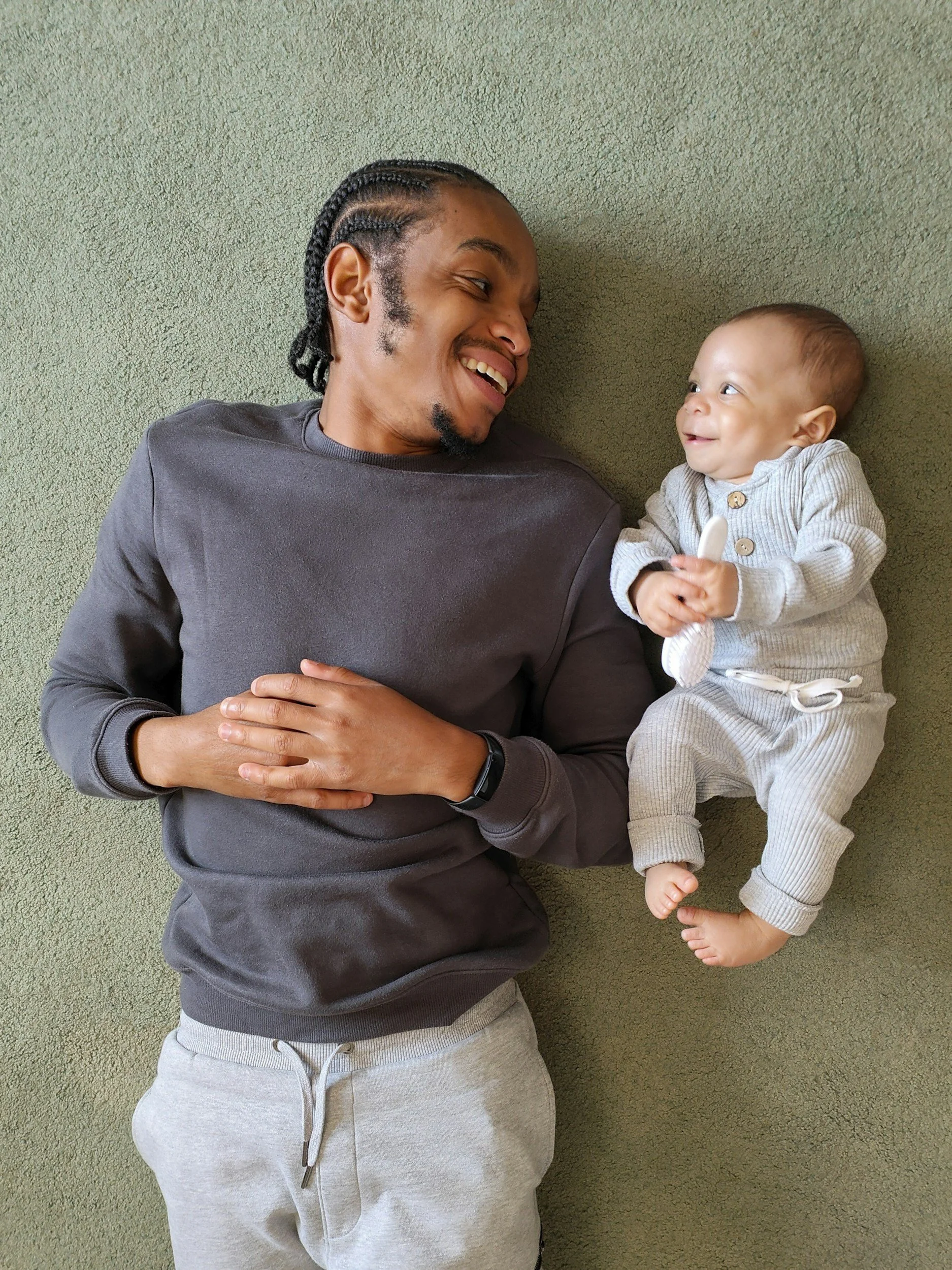DNA Testing Services
-
A legal DNA test is used when you need results that will hold up in court, like custody, immigration, or other official matters. At Local Biocheck, we collect your sample in a clean, private office, complete a chain of custody form, and send it to an accredited lab for testing.
Results are accurate, legally valid, and ready in just 3–5 business days.
-
A peace of mind paternity test is a simple way to confirm a biological relationship when you don’t need results for court. At Local Biocheck, we collect your DNA sample in the privacy of our clean, comfortable office, and then send it to an accredited lab for testing.
Results are accurate, confidential, legally valid, and ready in just 3–5 business days.
-
Family relationship DNA testing helps determine biological connections between relatives, like siblings, grandparents, or aunts and uncles.
At Local Biocheck, the test is done in our clean, private office and sent to an accredited lab for accurate results.
Whether you need it for legal reasons or just peace of mind, results are ready in 3–5 business days.
Please call for pricing and availability.
DNA Testing provides clarity on family relationships. Sometimes people must check family relationships for peace of mind, estate planning, and family legal services.
Let’s explore some of the types of DNA Tests that are used to establish family relationships.
PATERNITY DNA TESTS
Legal Paternity DNA Test: Determines if a man is the biological father of a child. Most common. A chain of custody form is used at the lab for use in legal matters like child support, estate planning, divorce, immigration, etc.
Peace of Mind Paternity DNA Test: Determines if a man is the biological father of a child. This is done for peace of mind. The test is processed the same way as the legal DNA test from the accredited lab but does not include the chain of custody form for legal purposes.
FAMILY RELATIONSHIP TESTS
Maternity Test: Determines if a woman is the biological mother of a child.
Grandparent Test: Determines if a biological relationship exists between the alleged grandparent and child.
Sibling Test: Determines if two individuals are full siblings, half-siblings, or unrelated.
Twin Zygosity Test: Determines whether twins are fraternal or identical.
Avuncular Test: Determines if a biological relationship exists between an alleged aunt/uncle and child.
Y-Chromosome Test: Determines if males share a common male relative.
